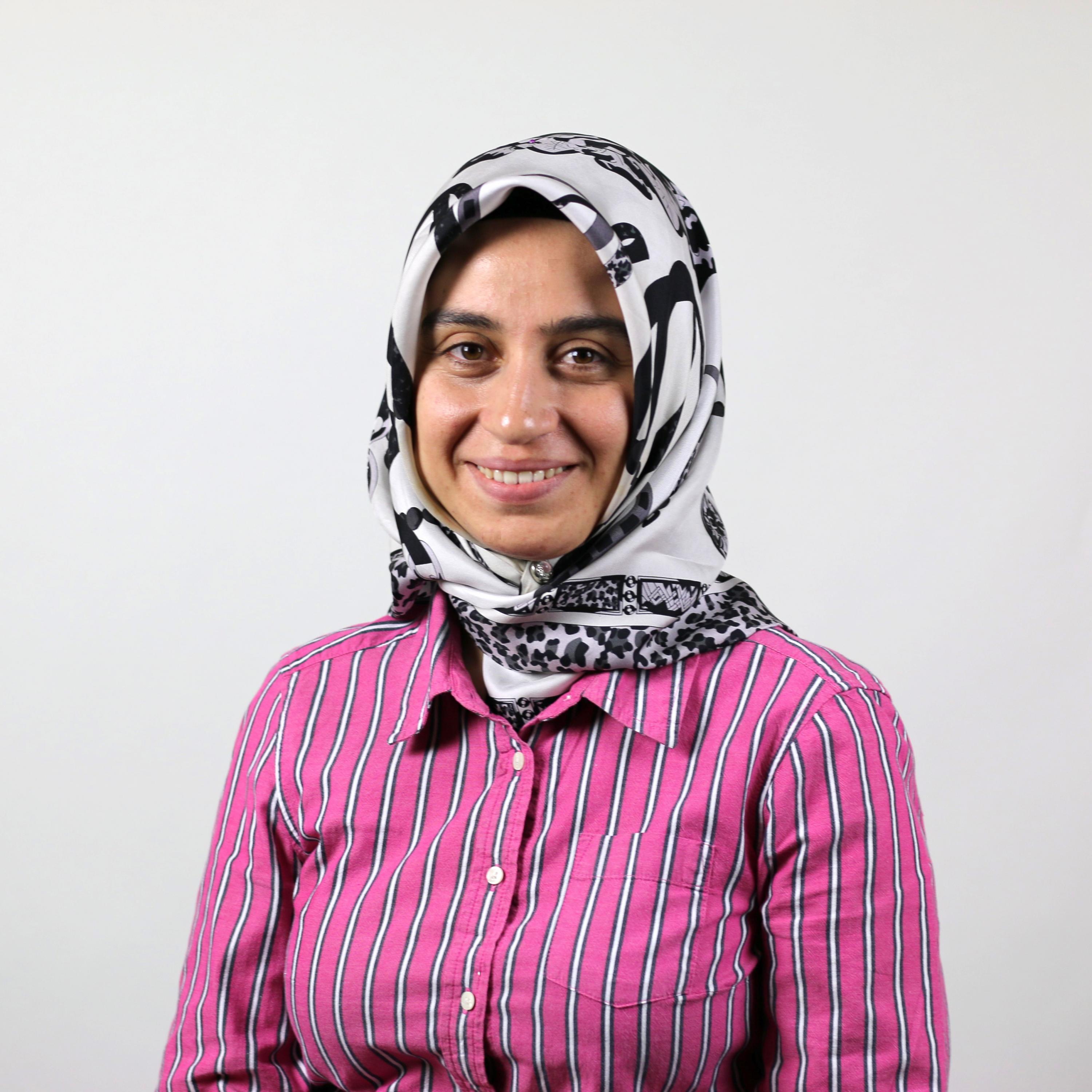Authored by Taylor Hunter
The H. Milton Stewart School of Industrial and Systems Engineering (ISyE) is dedicated to inspiring the next generation of industrial engineers, providing K-12 students with opportunities to explore STEM fields by solving real-world problems. Young students have a natural curiosity about how the world works, and in response, ISyE’s K-12 outreach program seeks to promote critical thinking and confidence in this age group. Further, ISyE is committed to promoting STEM education for students in underrepresented groups, including those in minority demographics or who have disabilities.
Tuba Ketenci is an academic professional who develops K-12 outreach programs for ISyE. She facilitates programs that connect ISyE faculty with teachers and students, and develops teacher workshops that show them how to incorporate industrial engineering principles into their curriculum. She is especially focused on eliminating obstacles that students in underrepresented demographics — such as students with disabilities or who are BIPOC or female-identifying — may face in STEM education.
Globally, female students tend to go into STEM-related careers significantly less than do their male peers. And in general, “Studies show that only 16% of all American high school seniors are interested in STEM careers,” Ketenci noted. “This is because they don’t feel confident in their STEM abilities, so it is our responsibility to assure them that they are capable.”
Another goal for Ketenci is to show that everyone deserves a place in STEM studies and careers, and that Georgia Tech’s and ISyE’s doors are open to all.
“Systemic racism and the cultural perception of a ‘typical’ STEM student discourage many minority students from even trying computer programming or engineering,” she said.
For that reason, ISyE is committed to recruiting at least half the participants from underrepresented populations for its outreach activities, such as the Seth Bonder Camp in Computational and Data Science led by ISyE A. Russell Chandler III Chair and Professor Pascal Van Hentenryck.
“After the Seth Bonder Camp, students regularly tell us that learning how to code wasn’t as difficult as they thought it would be, and that it is something that they could do,” said Ketenci.
The K-12 outreach program tries to connect with students in multiple ways. ISyE faculty have visited grade and secondary schools, and the academic office has invited students to Georgia Tech for camps and presentations. The experience of visiting campus, attending a class, and having lunch with an ISyE professor allows students to see what ISyE is all about.
The Covid-19 pandemic has introduced new challenges to this K-12 outreach.
“Teachers are trying to teach online effectively, and their students are at home. It’s a very complicated environment for them,” Ketenci said. The presence of family members, the absence of an adequate Wi-Fi connection, or the lack of necessary technology all create a difficult space in which to learn. During this time, engaging students with engineering pathways is more important than ever. These new obstacles bring about creative solutions, something at which Ketenci excels.
As classroom instruction moves online, ISyE’s outreach events also use online environments. Ketenci has brought together a group that includes ISyE faculty members, graduate and undergraduate students, and professional industrial engineers. They are organizing online sessions demonstrating how ISyE has everyday applications and can be incorporated into various K-12 curriculums through lessons in health, computer science, and even AP statistics. Such lessons enable students to see themselves in a variety of STEM-related professions, regardless of their race, gender, or physical ability.
“To see even one student — especially if they’re from an underserved population — realize their potential as an engineer makes me more determined to find ways to bring these opportunities to as many students as possible,” Ketenci concluded.
